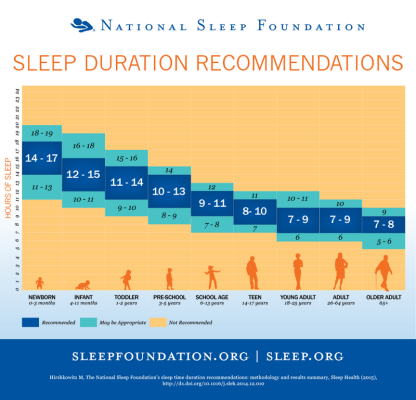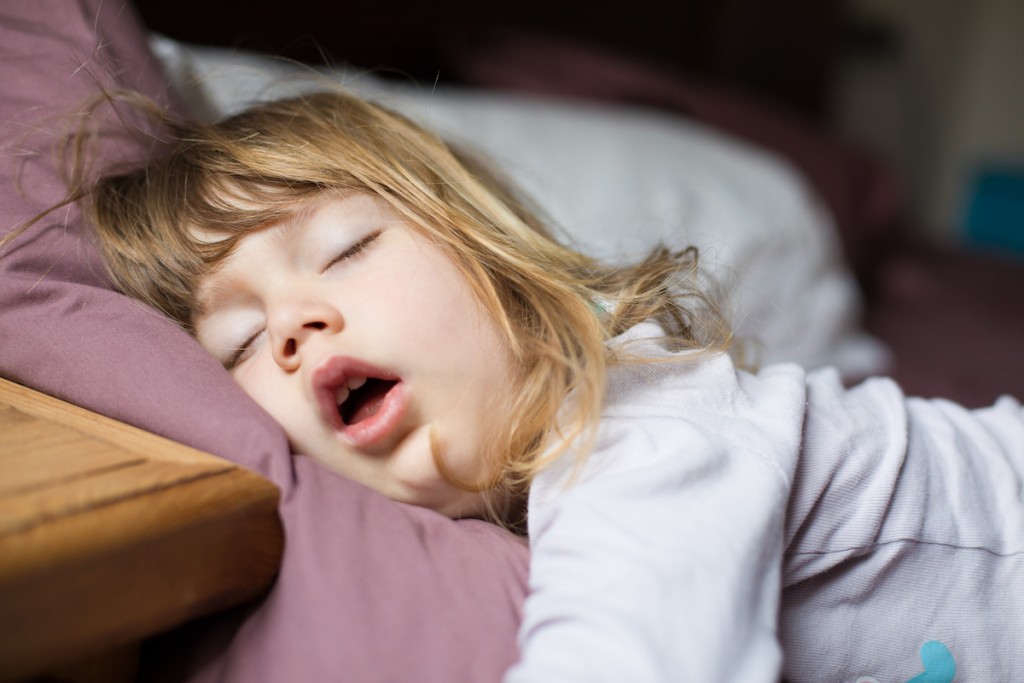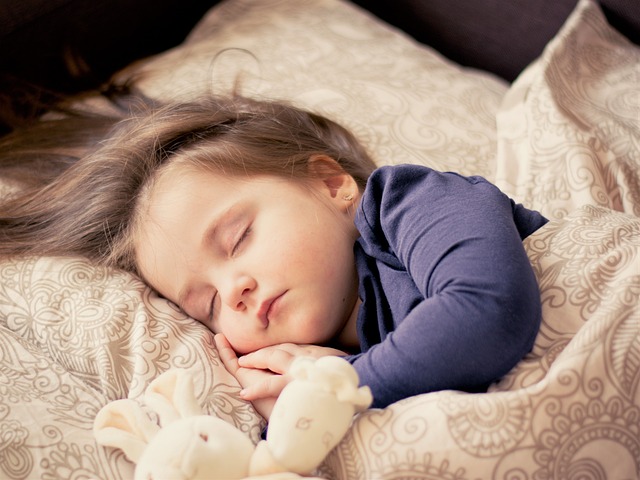Every bleary-eyed parent knows all too well the importance of a good night’s sleep, if your baby or child is constantly waking during the middle of the night, your own sleep patterns will inevitably be disrupted, leaving you tired and grumpy in the morning. From sleep training to hours of painful negotiation every parent knows what a hot topic sleep can be and the importance of setting and maintaining a good bed time routine. No-one wants a sleep depraved child…or parent for that matter.
Sleep is as important as nutrition and exercise. It’s when the body physically rests and repairs and starts to repackage those neurotransmitters, that enable brain cells to communicate.
But just how much sleep is enough? This is a subject that has always been a great debate in my house with varying opinions on how much sleep is needed especially with just 10 minutes of the movie to go! Now, more than ever as we move back into the new school semester after what feels like the longest summer holidays ever, is a good time to set those sleep ground rules. Once back into their regular school routines, children’s sleep starts to settle into a more regular pattern again and we thought it might helpful to make parents aware of how much sleep their child needs and what time they potentially should go to bed. Good Luck!
Sleep Duration Recommendations
According to the National Sleep Foundation these are the recommended amounts of sleep we need to avoid sleep deprivation which can ultimately lead to more serious health conditions and poor early child development.
They surveyed teachers a few years ago and were shocked to find that nearly a quarter (24%) of the teachers questioned admitted that they had had to resort to letting children who are very tired sleep in a corner of the classroom. For two thirds of teachers (65%) the problem is so serious they consider that the long term progress of their pupils can be affected while nearly half (48%) said lack of sleep made children unruly and badly behaved.
Some kids can function well on less sleep than others. It’s not set in stone but they advise parents on roughly what sort of sleep patterns children of different ages need – many parents don’t actually know. A study showed showed that 48% of parents with children under 5 didn’t know that a 3 year old needs 12 hours sleep a night, 33% didn’t know that 6-12 year olds needs 10 hours sleep and 39% didn’t know that teens need 8-9 hours a night.
- Infants age 4-12 months need 12-16 hours in a 24 hour period.
- Toddlers age 1-2 years old typically need 11 to 14 hours of sleep per day. Most of this occurs at night, but most kids of this age do still need a nap that ranges from one to three-and-a-half hours long. Preschool-age children usually need 10 to 13 hours of slumber per day.
- Children 3-5 years old need 10-13 hours sleep per night.
- Children 6-12 years old need 9-12 hours sleep per might.
- Teens 13-18 years old need 10-8 hours sleep per night. Early teens to age 16 need 10 hours with later teens grabbing 8 hours at any given time!

It’s important to note that the hours are on the chart are a guide and it’s more important to focus on sleep quality, not quantity, and establish a good bedtime routine and . Just like adults, some children need more sleep, some need less.
A Good Sleep Routine
You should…
- Establish a bedtime routine for everyone (parents too!)
- Have consistent bed times and wake-up times.
- Simplify the night time schedules; teeth, read and snuggle.
More Zzzzzzs Please
Your Child should …..
- Fall asleep within 10-15 minutes of going to bed.
- Be able to fall asleep on their own without a parent or sibling. Don’t become your child’s ‘pillow’ as they will naturally wake up when their favourite pillow (YOU) is taken away!
- Be alert in the morning.
- Not need continued reminders to wake-up (teens are of course a breed unto themselves!)
- Not need excessive naps during the day.
For Better Sleep
Your child should…..
- Avoid television and screen time 1 hour before bed.
- Have toys in bed unless they are a comforter, not a distraction.
- Not exercise just before bedtime.
- Foods containing chocolate or caffeine before bedtime.
Benefits Of Good Sleep

The benefits of a good nights sleep are tenfold and an early night has more benefits than a few hours of quiet time for Mum and Dad. When kids get the sleep they need they function better, have increased concentration and alertness and are definitely less moody. They may have a lower risk of becoming overweight and developing diabetes as well as fewer learning problems and attention issues at school. The growth hormone is also primarily secreted during deep sleep which would account for every mothers exclamation “I swear you’ve grown taller over night!”
When Kids Just Can’t Sleep
Naturally there will always be exceptions to every rule and if your child regularly has trouble falling or staying asleep, it is worth having this checked out by a specialist. Sleep apnea is a very common physical condition for children and can be as detrimental to their sleep and health as the psychological condition of night terrors.
With the rise of anxiety and allergy symptoms at the moment, our friends over at Slumberyard have shared a great article with us to help kids who are struggling with sleep issues due to allergies as well as anxiety. Their guide will walk through the way allergies, anxiety, and insomnia can impact the quality of one’s life, explain how to reduce allergens in your bedroom, and even provide quick tips to get better sleep during allergy season.
Thoughts on the tempting use of melatonin or any other natural/herbal sleep remedies for small children? Here’s Bumrungrad International hospital medical expert has to say about this.
For Exhausted Parents Everywhere
And finally…..For the days when you need a “Sorry I Screamed at You” greeting card, here’s An Open Letter for all you exhausted parents out there from the brilliant and very practical Mums over at the Mighty Moms Club.
















